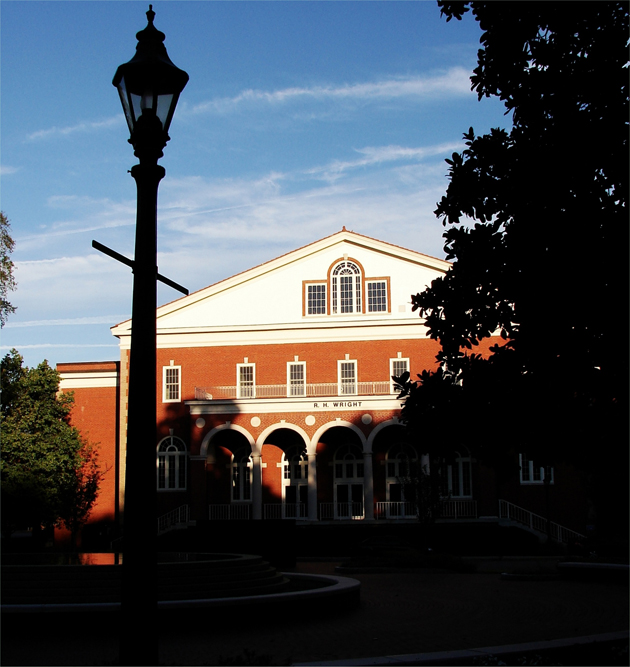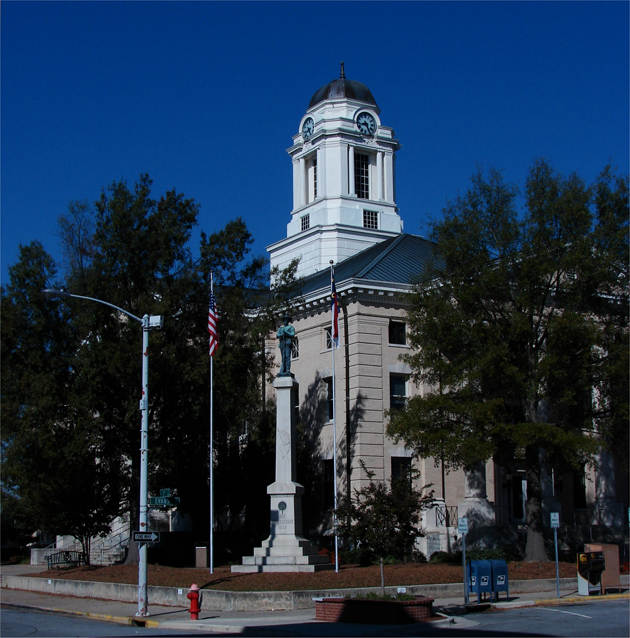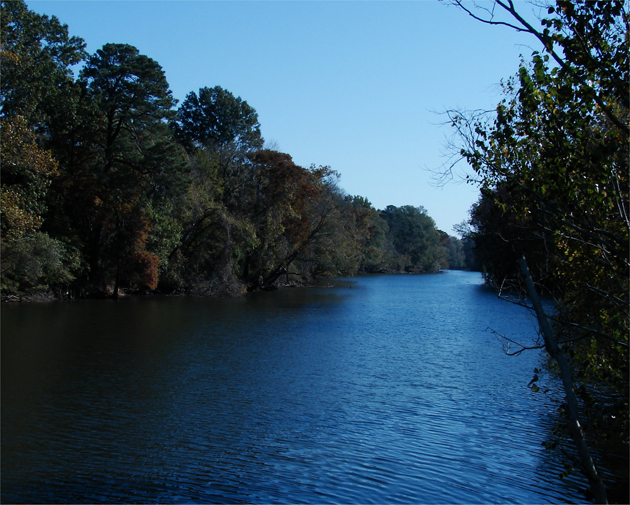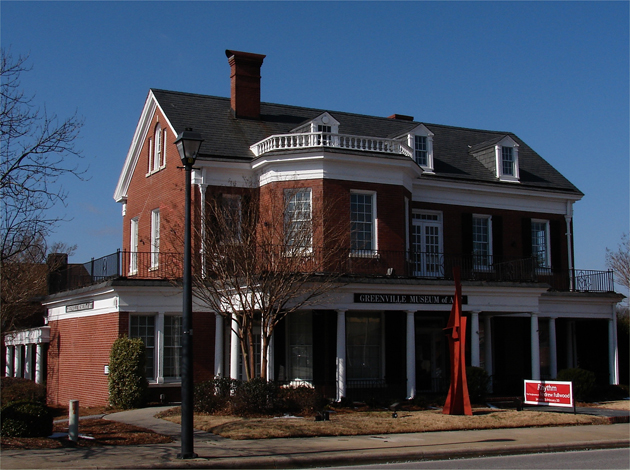Publisher's note: We believe the subject of history makes people (i.e., American people) smarter, so in our quest to educate others, we will provide excerpts from the North Carolina History Project, an online publication of the John Locke Foundation. This thirty-sixth installment, by Jonathan Martin, North Carolina History Project.
Pitt County was established in 1760 after a legislative act to annex Beaufort County. Named after William Pitt, a British statesman who supported the colonist's cause for freedom, the county was formed because of the need for a regional courthouse and prison. John Hardy and several other justices were ordered to construct these municipal buildings. Martinsborough, the original county seat, was founded in 1771, taking its name from Josiah Martin, one of the last royal governors of North Carolina. In 1787, Martinsborough was changed to Greenville, the current county seat.
The original natives of this Coastal Plain region were the Tuscarora. Once European settlers began to inhabit the area, tensions escalated and the Tuscarora War started in 1711. John Barnwell, a South Carolina Colonel, was ordered along with several hundred troops to rid the area of the Tuscarora, and in April 1712 Barnwell accepted the Indian surrender at Catechna, the central city of the Tuscarora that lies north of Grifton. After the battle at Catechna the beaten Tuscarora ultimately left the region and Indian hostility subsided.
 The iconic Wright Memorial Auditorium on the ECU Campus: Above. The Pitt County Court House: Below. photos by Stan Deatherage
The iconic Wright Memorial Auditorium on the ECU Campus: Above. The Pitt County Court House: Below. photos by Stan Deatherage

Pitt County is home to an academic institution, several historic sites, and cultural establishments. East Carolina University, established as a teacher's training school in 1907, has a strong link with Pitt County's economic and cultural atmosphere. Several structures on the East Carolina campus and the Pitt County Courthouse (1910-11) add to Pitt County's historic relevance. Some cultural attractions of the county include the Greenville Museum of Art, Ayden's Art and Recreation Center, the Nature Science Center, and the Dance Arts Theatre. Lastly, Greenville and the surrounding townships hosts several yearly festivals such as the Farmville Dogwood Festival, the Winterville Watermelon Festival, and the Ayden Collard Festival.
 Before ECU, farming and the Tar River were the economic life-blood of Pitt County: Above. In such an artsy community, the Greenville Art Museum is a major focal point: Below. photos by Stan Deatherage
Before ECU, farming and the Tar River were the economic life-blood of Pitt County: Above. In such an artsy community, the Greenville Art Museum is a major focal point: Below. photos by Stan Deatherage

In addition to the county seat of Greenville, Pitt County holds several other communities as well: Bethel, Black Jack, Calico, Ayden, Simpson, Grifton, and Toddy. Also, Pitt County has some natural hallmarks as well including Clayroot Swamp, Grindle Creek, Pinelog Branch, Pea Branch, and Lake Kristi.
Sources:
"Pitt County." David Leroy Corbitt. The Formation of the North Carolina Counties, 1663 - 1943. (State Department of Archives and History, Raleigh, NC: 1950, 1969). p. 176-8.
"Pitt County." William S. Powell, ed. Encyclopedia of North Carolina (University of North Carolina Press: Chapel Hill, NC 2006), p. 889.
"About Pitt County." Pitt County, NC Government Website - History. http://www.pittcountync.gov/about/, (accessed July 26, 2011).
"Catechna." North Carolina Department of Cultural Resources Website: the North Carolina Highway Historical Marker Program (Marker ID: F-36). http://www.ncmarkers.com/Markers.aspx?ct=ddl&sp=search&k=Markers&sv=F-36%20-%20CATECHNA, (accessed July 26, 2011).



























